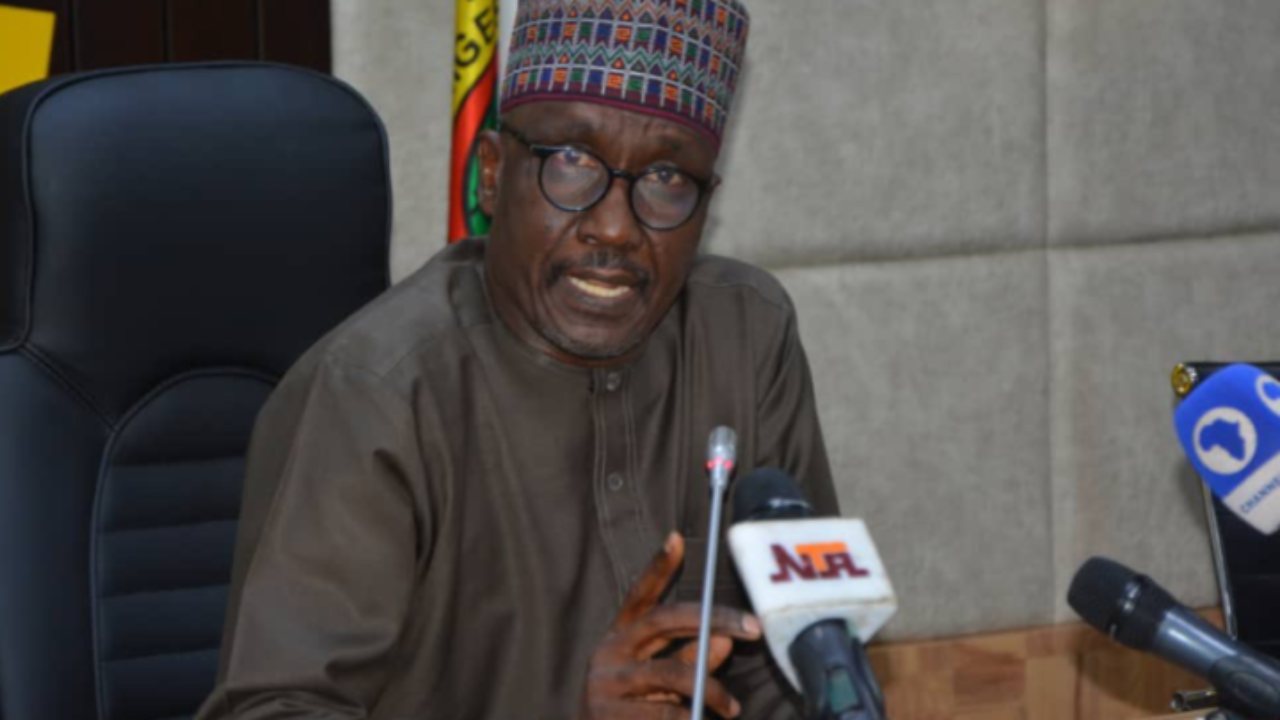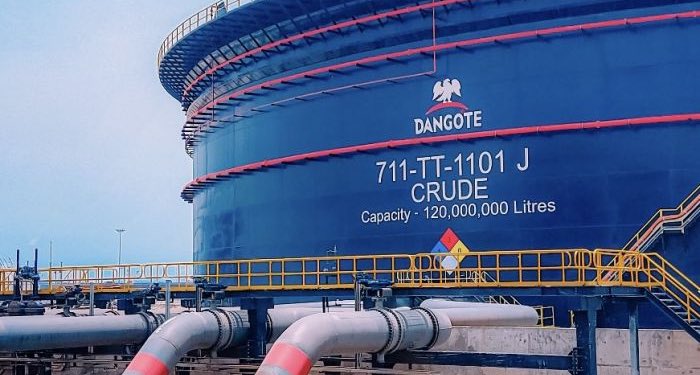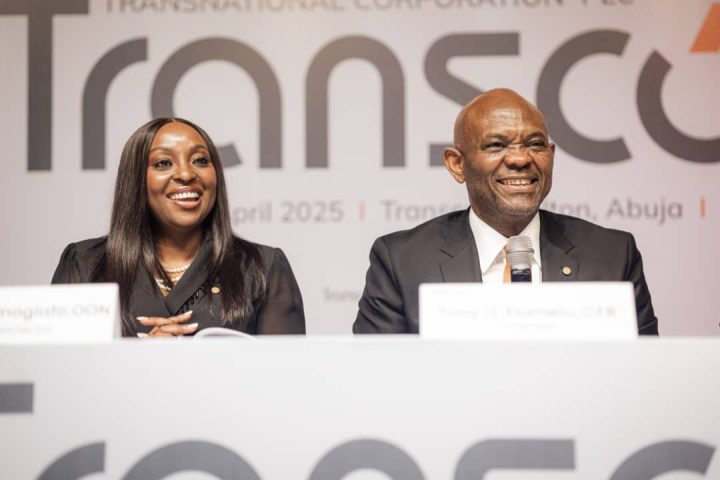Nigeria’s daily oil production dipped further to 1.25 million barrels per day (mbpd) in May, according to a report by the Organisation of the Petroleum Exporting Countries (OPEC).
This contradicts recent claims by the Federal Government and the Nigerian National Petroleum Company Limited (NNPCL) that production had risen to 1.7mbpd.
Join our WhatsApp ChannelOPEC’s data shows Nigeria lost 30,000 barrels per day (bpd), as production dropped from 1.28mbpd in April to 1.25mbpd in May. This contrasts with statements made by NNPC Group Chief Executive Officer Mele Kyari, who said in May that crude production was nearing 1.7mbpd.
Kyari remarked during a stakeholder engagement with the Nigerian Association of Petroleum Explorationists and the NNPCL in Lagos, “As of today’s data, we’re inching to 1.7mbpd. We won’t celebrate this. On 17th of April 2020, our production, without doing anything, without drilling new wells, shot to 2.2mbpd. The difference was COVID-19. The thieves, the vandals, everybody went to sleep.”
However, OPEC’s Monthly Oil Market Report for May 2024, based on direct communication with the member country, reported Nigeria’s oil production was down, standing at 1.42mbpd according to data from secondary sources.
This decline comes amid ongoing concerns over Nigeria’s ability to maintain and increase its oil production. In April, Nigeria’s daily oil production marginally increased from 1.23mbpd in March to 1.28mbpd, according to OPEC. Yet, the overall trend showed a significant drop from previous months: 1.32mbpd in February to 1.23mbpd in March, and from 1.427mbpd in January to 1.322mbpd.
READ ALSO: OPEC Sees Oil Output Rise In May As Nigeria, Iraq Lead Increase- Report
The continuous drop in production has alarmed stakeholders who worry about the country’s revenue losses. Wole Ogunsanya, Chairman of the Petroleum Technology Association of Nigeria, recently highlighted these concerns. “The country is losing a lot of revenue daily due to its inability to tackle dwindling oil production,” he said. “If Nigeria could retain between 60 and 70 percent of the oil and gas value chain in the country, it stands a better chance of being among the top 20 economies in the world.”
Ogunsanya pointed out that Nigeria was underproducing by at least 500,000 barrels per day, which represents a significant financial loss.
In response to these issues, the Federal Government has cited technical difficulties and maintenance activities as primary reasons for the production shortfall. Heineken Lokpobiri, the Minister of State for Petroleum Resources (Oil), stated, “The drop in production was due to issues encountered on the Trans Niger Pipeline, coupled with maintenance activities carried out by some oil companies operating across the country. Efforts are being made to fix the pipeline, which should enable production to reach up to 1.7 million barrels per day.”
At a recent meeting with stakeholders in Lagos, Lokpobiri emphasized that idle oil wells and licenses would be revoked and reassigned to capable individuals. He assured that the government was taking necessary measures to restore and increase production levels.
Meanwhile, Kyari has consistently blamed energy theft and vandalism for the falling oil output, citing these issues as deterrents to investment in the sector. To attract more investors, the Federal Government has announced plans to reduce front entry barriers, including lowering the signature bonus from around $200 million to $10 million.
These ongoing challenges highlight the complexity of Nigeria’s oil production landscape, where technical issues, security concerns, and regulatory measures interplay to affect the overall output. As the government and industry stakeholders continue to address these hurdles, the future of Nigeria’s oil production remains uncertain.
Emmanuel Ochayi is a journalist. He is a graduate of the University of Lagos, School of first choice and the nations pride. Emmanuel is keen on exploring writing angles in different areas, including Business, climate change, politics, Education, and others.
- Emmanuel Ochayihttps://www.primebusiness.africa/author/ochayi/
- Emmanuel Ochayihttps://www.primebusiness.africa/author/ochayi/
- Emmanuel Ochayihttps://www.primebusiness.africa/author/ochayi/
- Emmanuel Ochayihttps://www.primebusiness.africa/author/ochayi/



















Follow Us